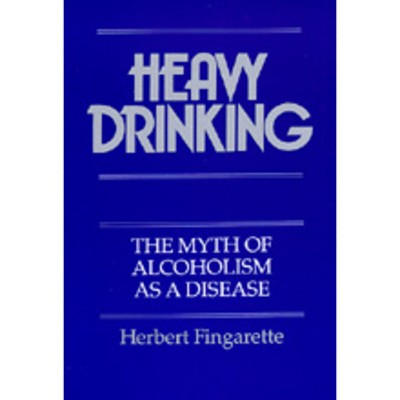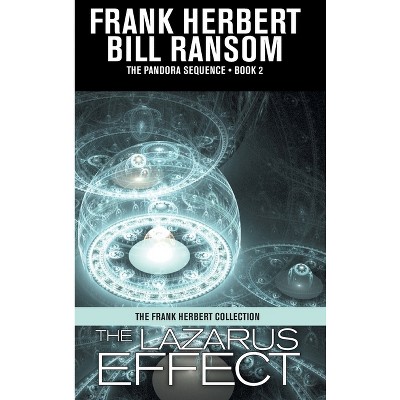
Self-Deception - by Herbert Fingarette (Paperback)
$26.99
In Stock
Eligible for registries and wish lists
About this item
Additional product information and recommendations
Related Categories
Trending Philosophy

$13.99 - $30.40
MSRP $25.00 - $40.00
4.4 out of 5 stars with 204 ratings

$14.05
was $15.00 New lower price
4.5 out of 5 stars with 4 ratings















